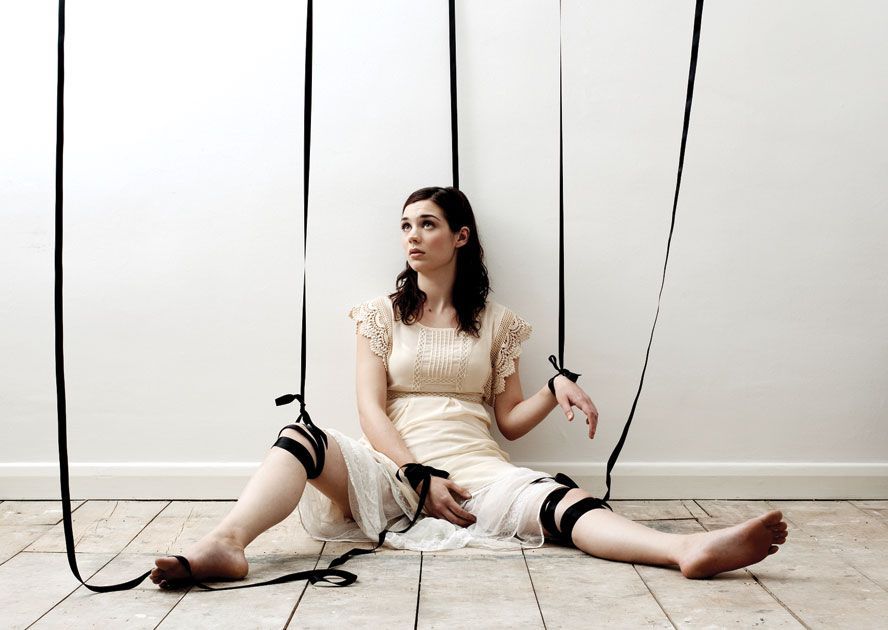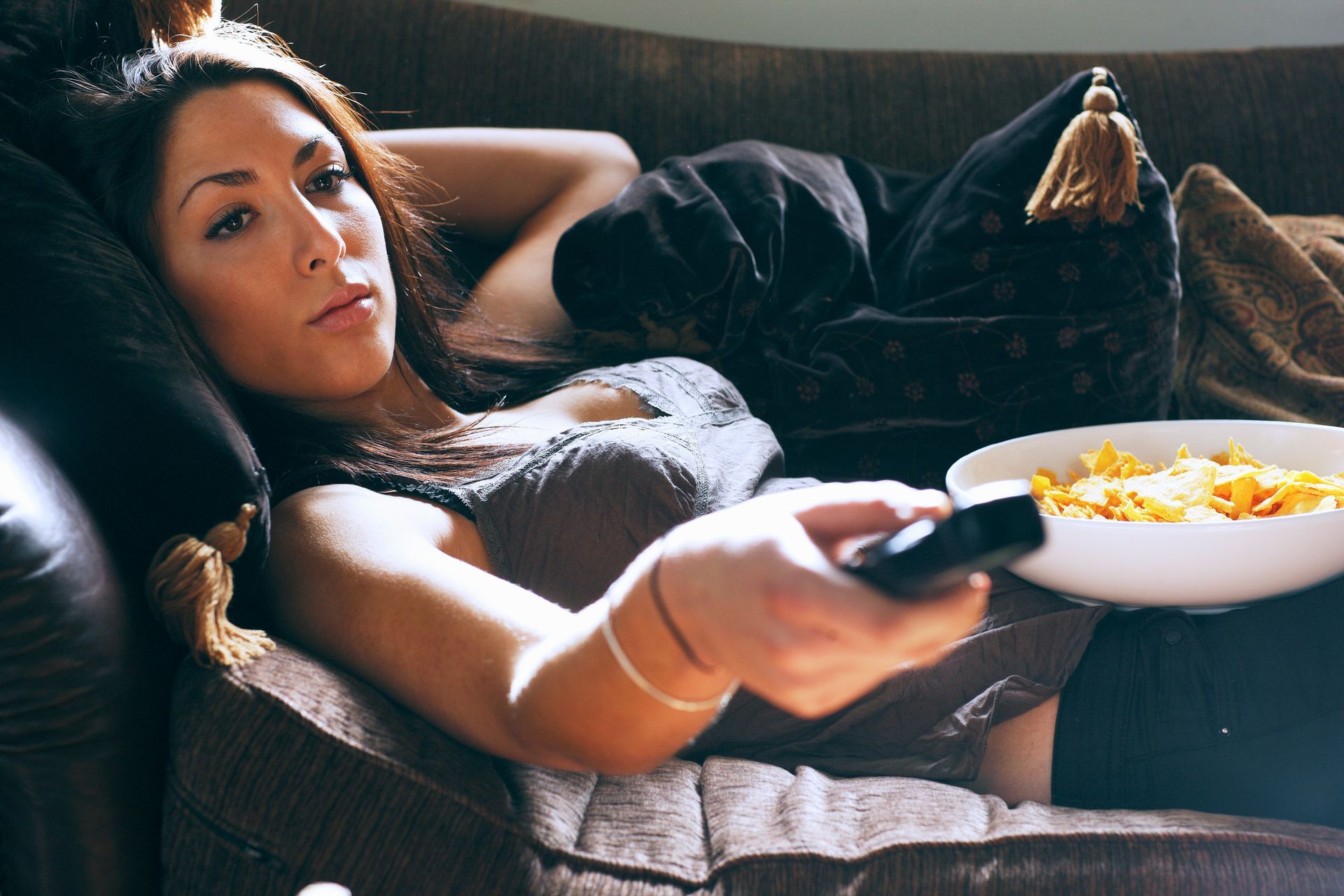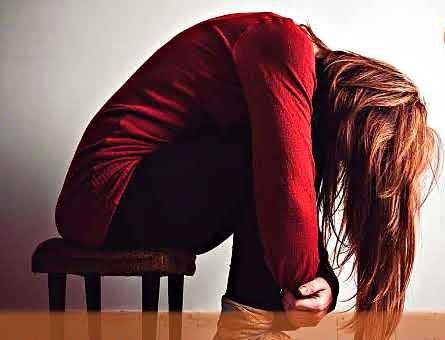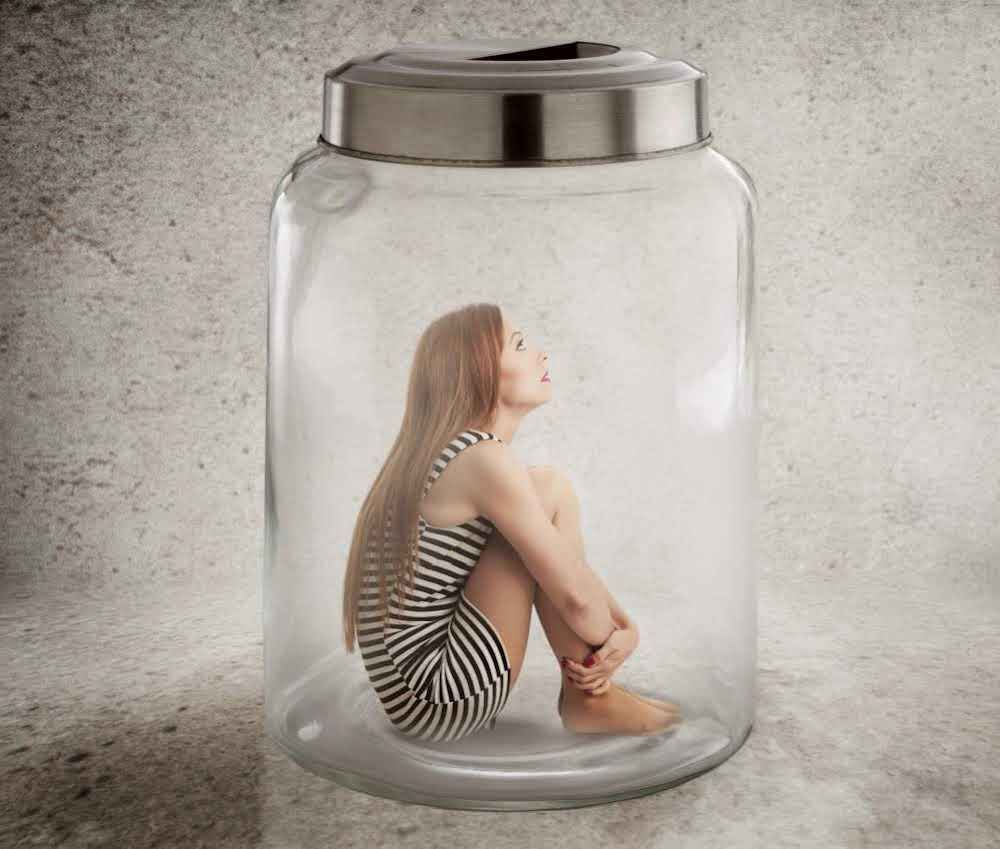Life Isn't Fair - The Emotions We Feel
Beverley Stewart • February 4, 2024
Life Isn't Fair - The Emotions We Feel

Isn’t it funny how we don’t notice when life is fair, but when we find life isn’t fair – it’s all we can think about! It’s upsetting, distressing, and sometimes just makes us mad! It’s important that we recognise the emotions that arise when we feel life hasn’t been fair to us. Try not to dismiss your feelings believing you have no right to them. Life isn’t fair and it’s ok to be upset sometimes. The secret is to recognise your feelings, acknowledge them, and then take action to move forward. Here we’re going to look at some of the emotions that we can experience when we feel we’ve been shortchanged in life.
The Emotions of Unfairness
The perception of life's fairness give’s rise to a range of feelings and reactions. Without doubt, emotions play a significant role in shaping our experience, and the responses we have to our situation. Below are some of the various emotional responses we can experience when feeling life has been unfair:
- Sadness and Disappointment: Life's apparent lack of fairness can lead to feelings of sadness and disappointment. We can experience a sense of loss or unfulfilled expectations, especially when facing challenges or setbacks that seem unjust and wrong. This can make it very difficult to see the positives within the life we have, or recognise the wonderful things around us. The fact is that what we focus on will either make life seem wonderful – or miserable. So don’t focus on the one unfair thing that happened today – focus on all the great things that you experienced and made life worth living.

- Frustration and Anger: Unfairness often triggers feelings of frustration and anger. When we perceive that we’re being treated unjustly, or when we witness inequality around us, a natural emotional response is anger towards the perceived injustice. Although this is a normal human response, it’s not worth being angry long term at this unfairness. The way forward is to tackle these obstacles head on. These challenges help us grow. We learn nothing from the easy path in life. So, while acknowledging that our feelings of frustration and anger are valid, we should also see this as an opportunity for self development and moving forward in life. (Remember - yelling at the ref doesn’t change the score.)
- Hopelessness and Despair: Persistent experiences of unfairness, particularly when it comes to societal issues or long-term challenges, can contribute to our feelings of hopelessness and despair. The belief that the world is inherently unfair can lead us to a sense of powerlessness in life. “You can’t fight the system.” This may be true – but sometimes we need to stop looking at the big picture and focus on the little things around us. The destruction of rainforests is diabolical, but to watch a little seedling grow brings hope for a future. (Buy yourself a plant.)

- Envy and Resentment: Comparisons with others who appear to have better opportunities or outcomes in life can often give rise to emotions like envy and resentment. These feelings can stem from a perception that others have advantages that are undeserved, while we (more deserving) have been passed over. (It’s interesting how we often compare ourselves with those that have more – not less.) Tip – if social media makes you feel bad – it’s ok to stop using it!
- Gratitude and Contentment: Some of us, even in the face of adversity, may develop a sense of gratitude for the positive aspects of our lives. Focusing on gratitude can provide emotional resilience and contribute to a more positive emotional outlook. (If you played in the grand final and lost – at least you played in the grand final!)
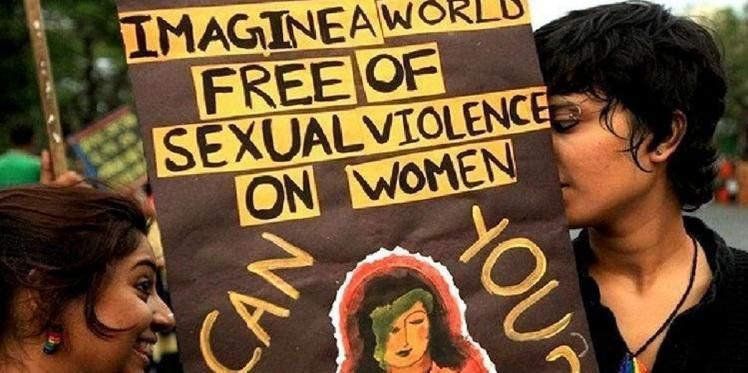
- Motivation for Change: Emotions of unfairness can also serve as a catalyst for positive action. Feelings of dissatisfaction with the status quo can motivate us to advocate for change, address social injustices, or work towards personal growth and improvement. We might feel compelled to take action in the hope of balancing the scales in life. We might join a political group, volunteer for a charity organisation or protest for radical change. If we all resolved to make positive change every time we felt life was unfair – the world could become a better place. Do your bit and know that you’ve made a positive contribution to the world.
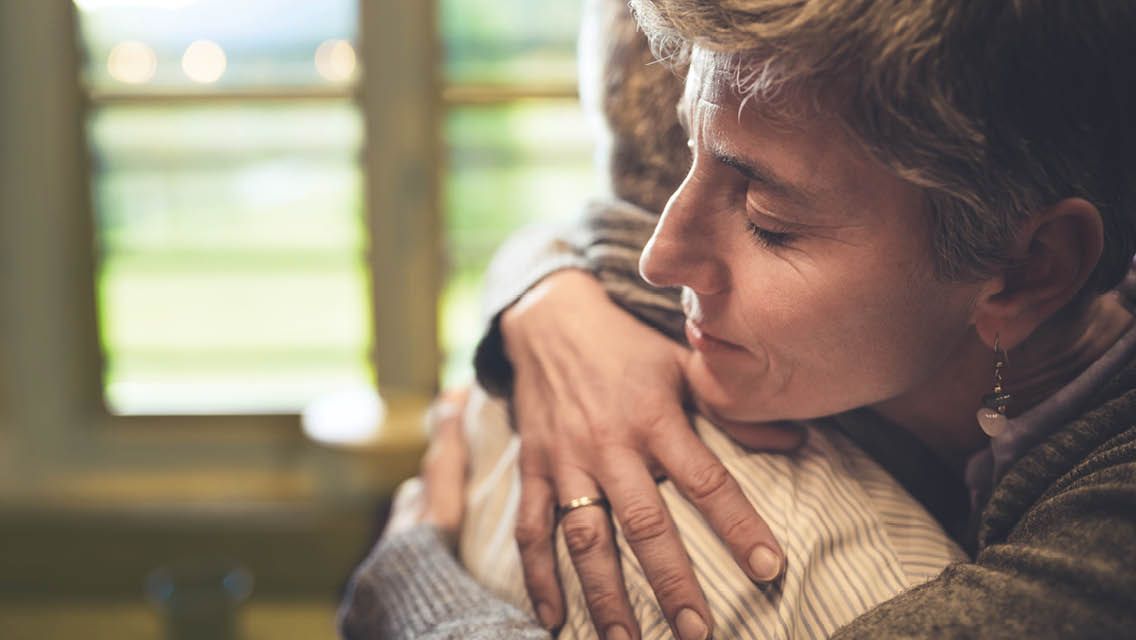
- Empathy and Compassion: Witnessing the struggles of others or recognizing societal inequalities can evoke feelings of empathy and compassion in us. We may feel a strong emotional connection to the plight of others and a desire to address this unfairness on someone else’s behalf. Our heart may go out to those that we see as experiencing unfairness.
We need to remind ourselves that human beings aren’t entitled to something just because we did all the right things. We can improve our odds in life by doing the right things, but sometimes life just isn't fair, and the universe doesn't owe us anything. Random things happen and part of life’s rollercoaster ride is to learn from challenges and come back bigger and better.
In The End:
Emotions play a crucial role in shaping our perceptions of fairness and they contribute greatly to our overall well-being. It's important to acknowledge and understand these emotional responses because they have a very strong influence on our thoughts and behaviors. Importantly, recognizing and validating these emotions can be a crucial step in coping with the challenges and uncertainties that life throws at us.
The plain truth is that life is random – not fair. Believing that it should be fair results in us having certain expectations that don’t always come to pass. The way to leading a more fulfilling and satisfying life is to let go of our expectations and deal with what’s right in front of us.
To find out more about Change Counselling click here, for help with Depression click here. Or go to Contact Page to make an enquiry.

